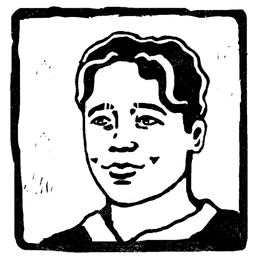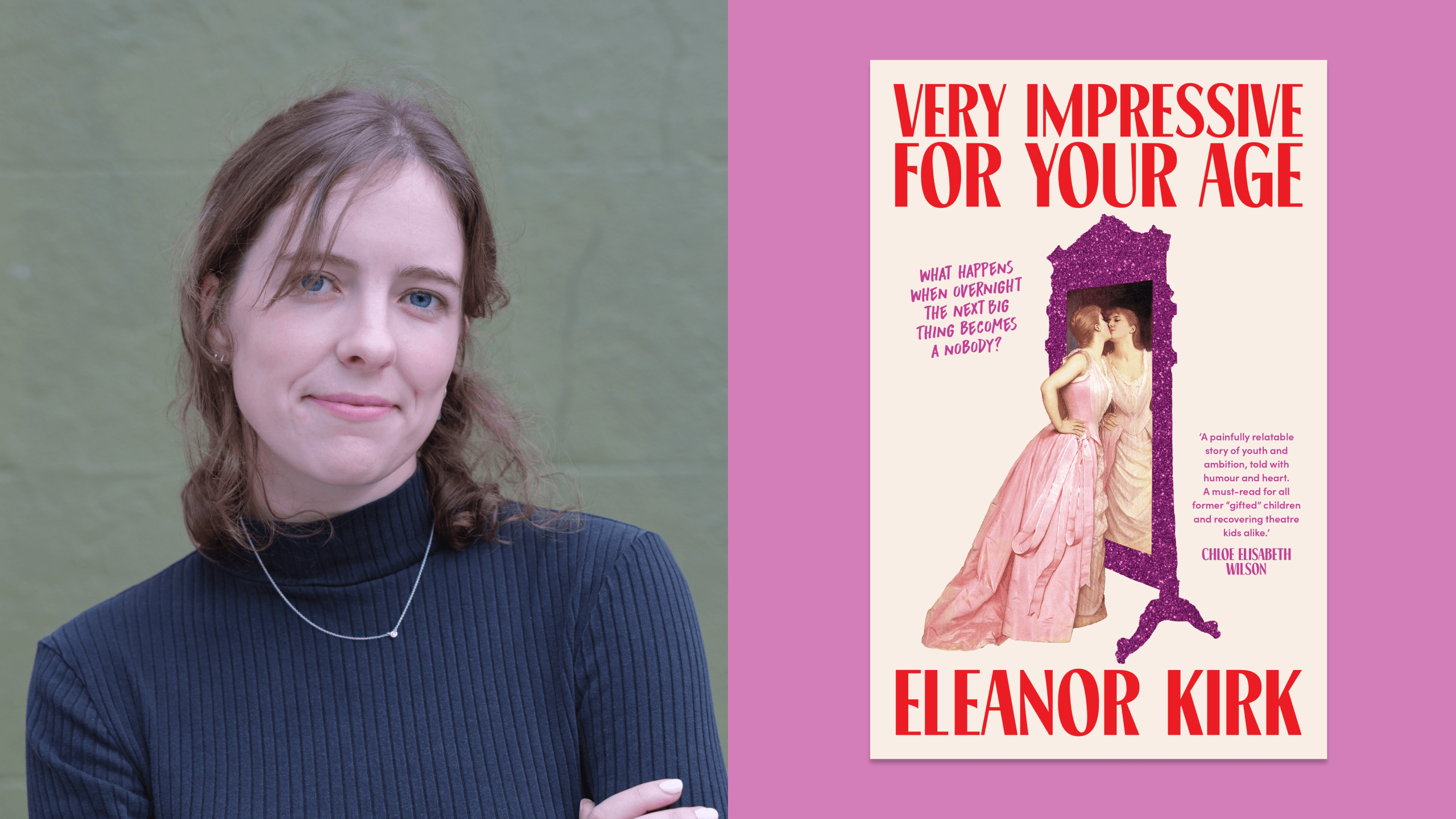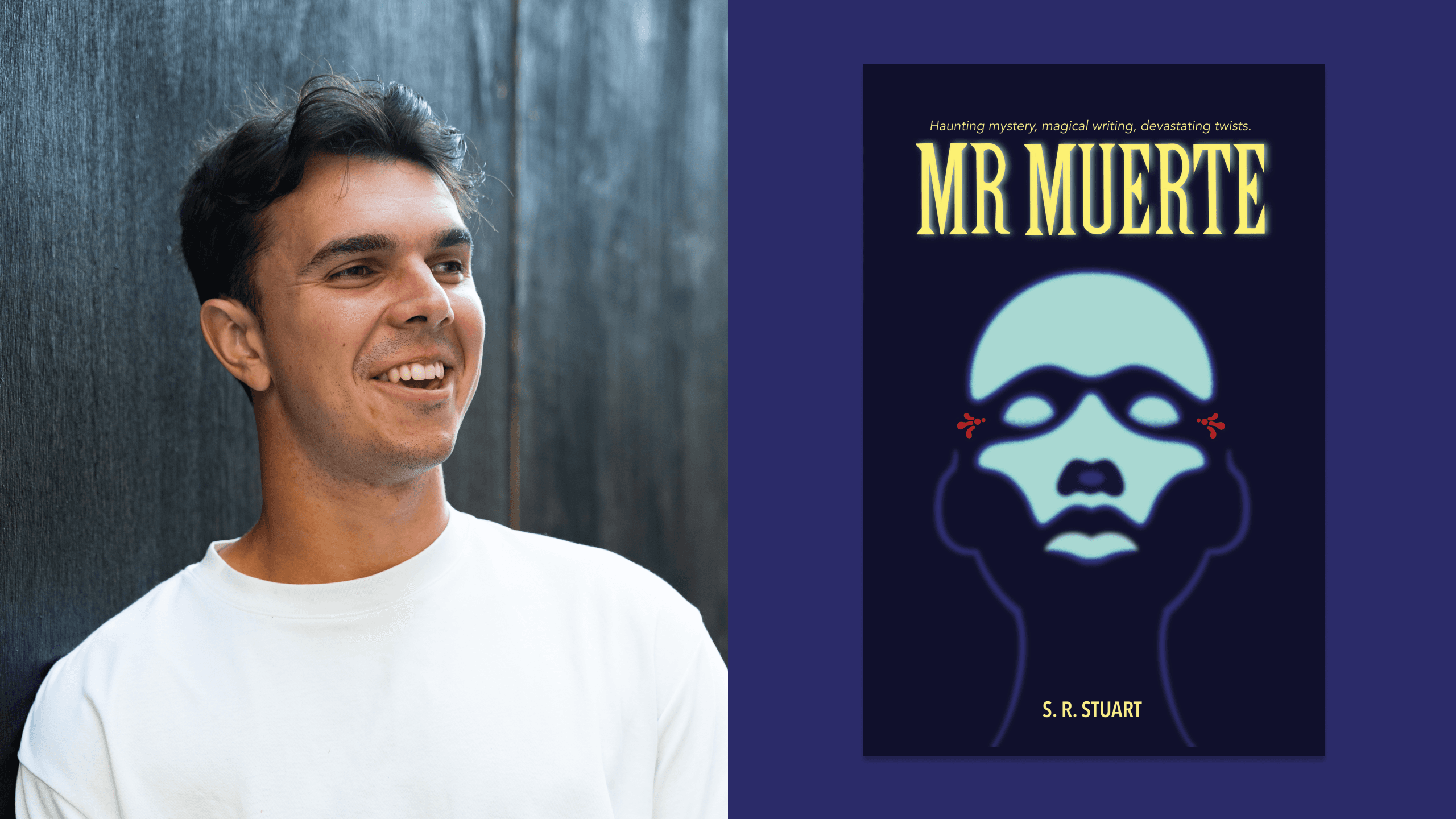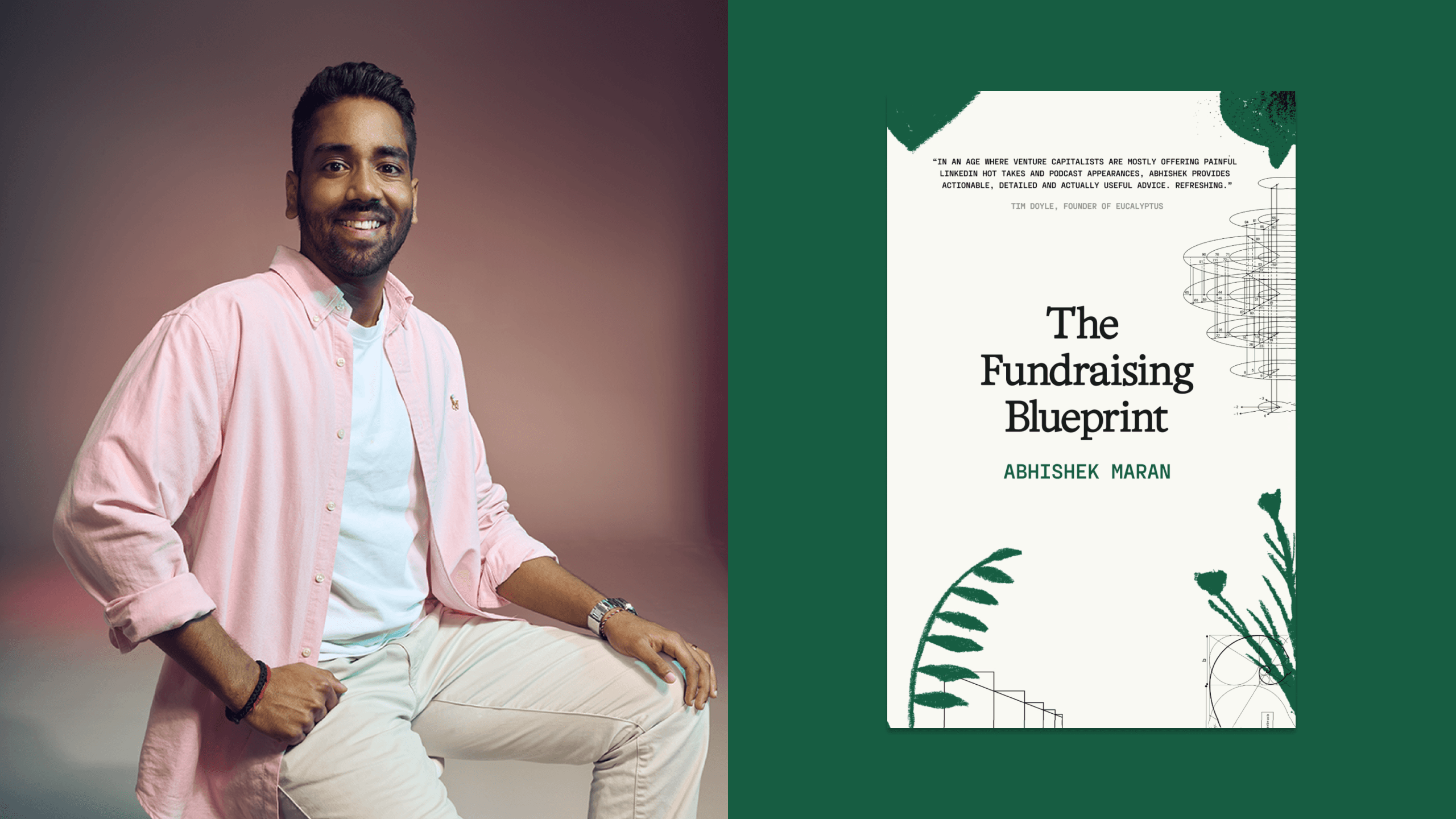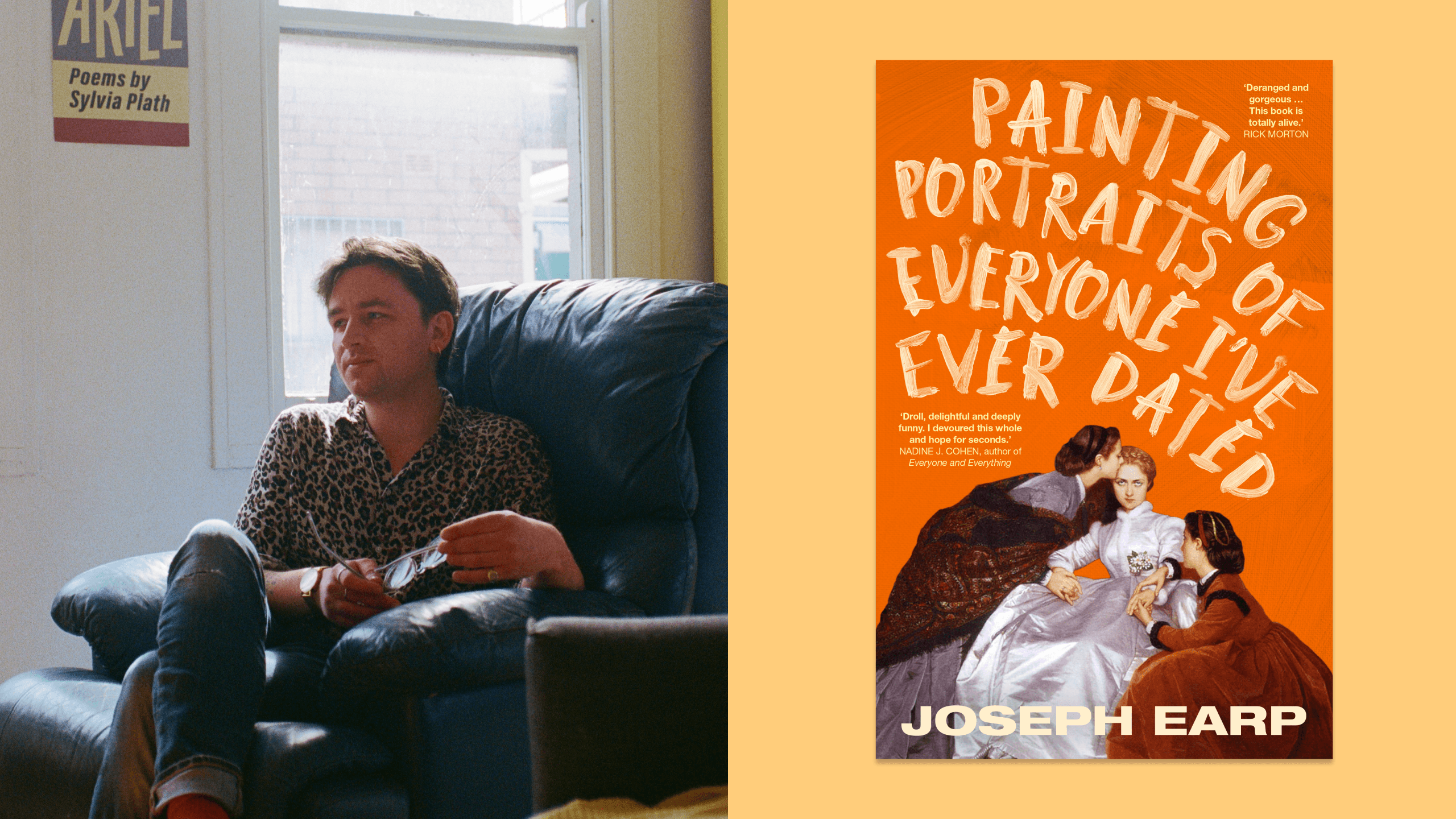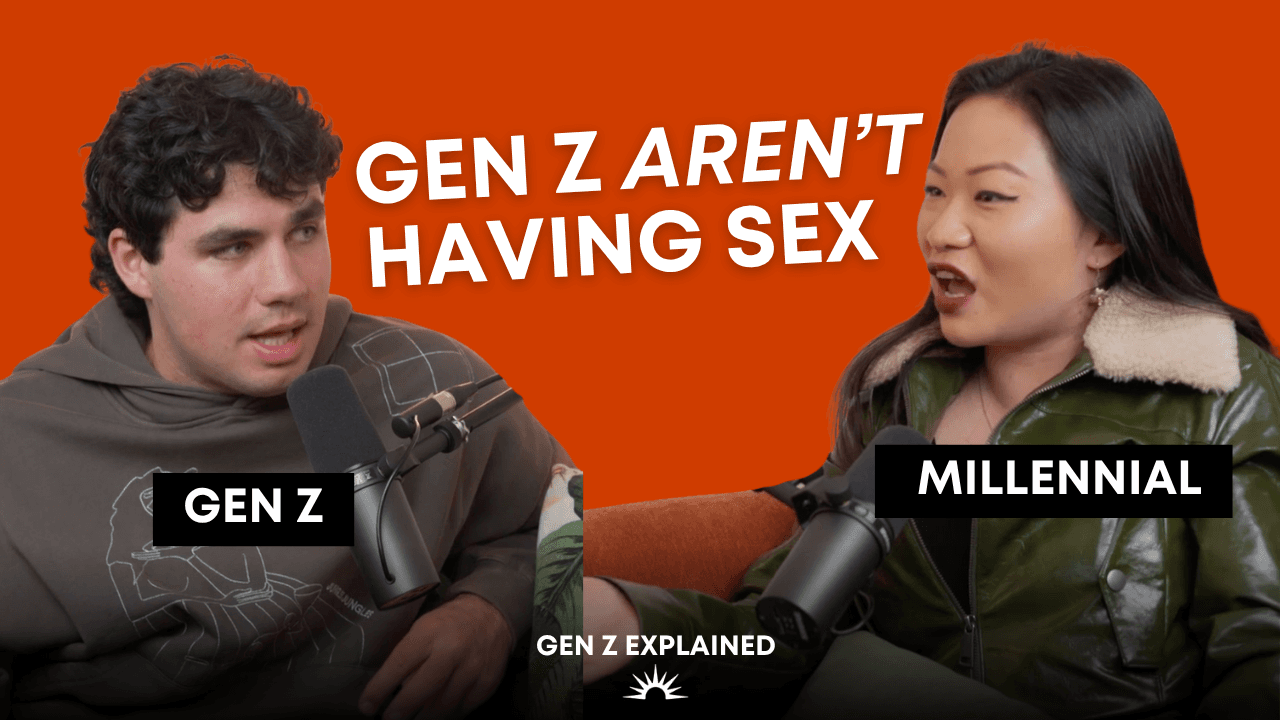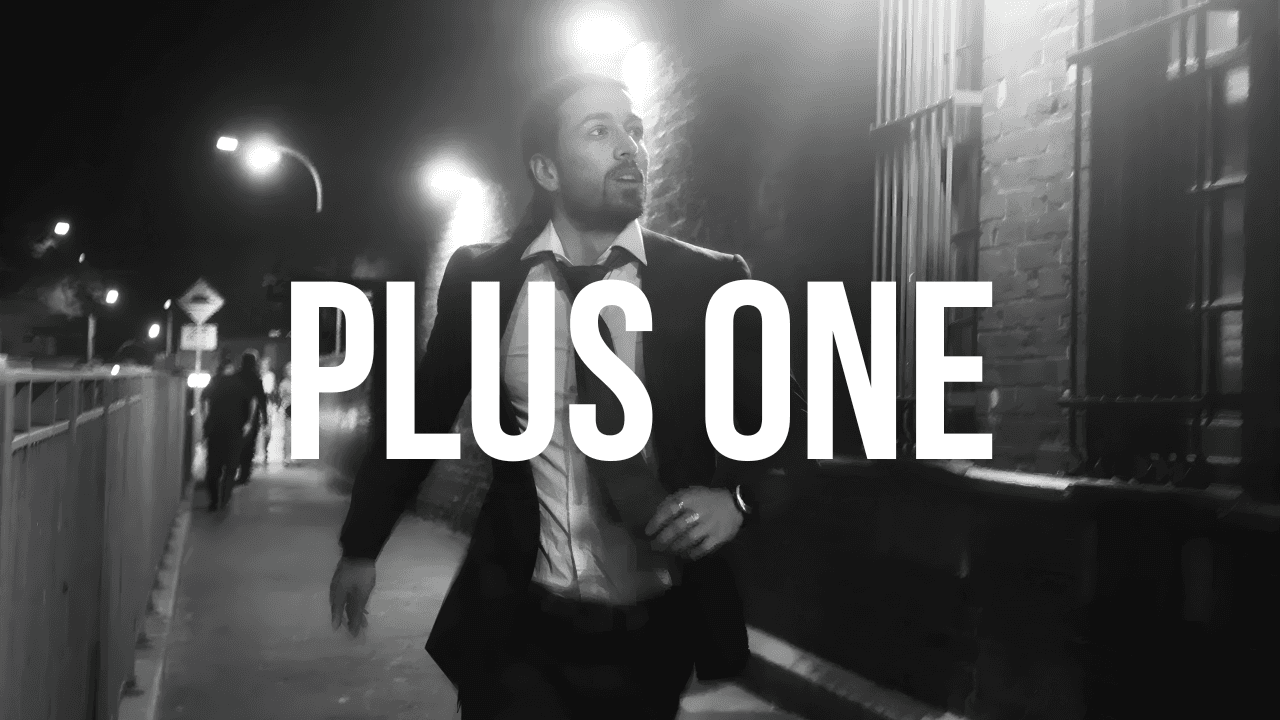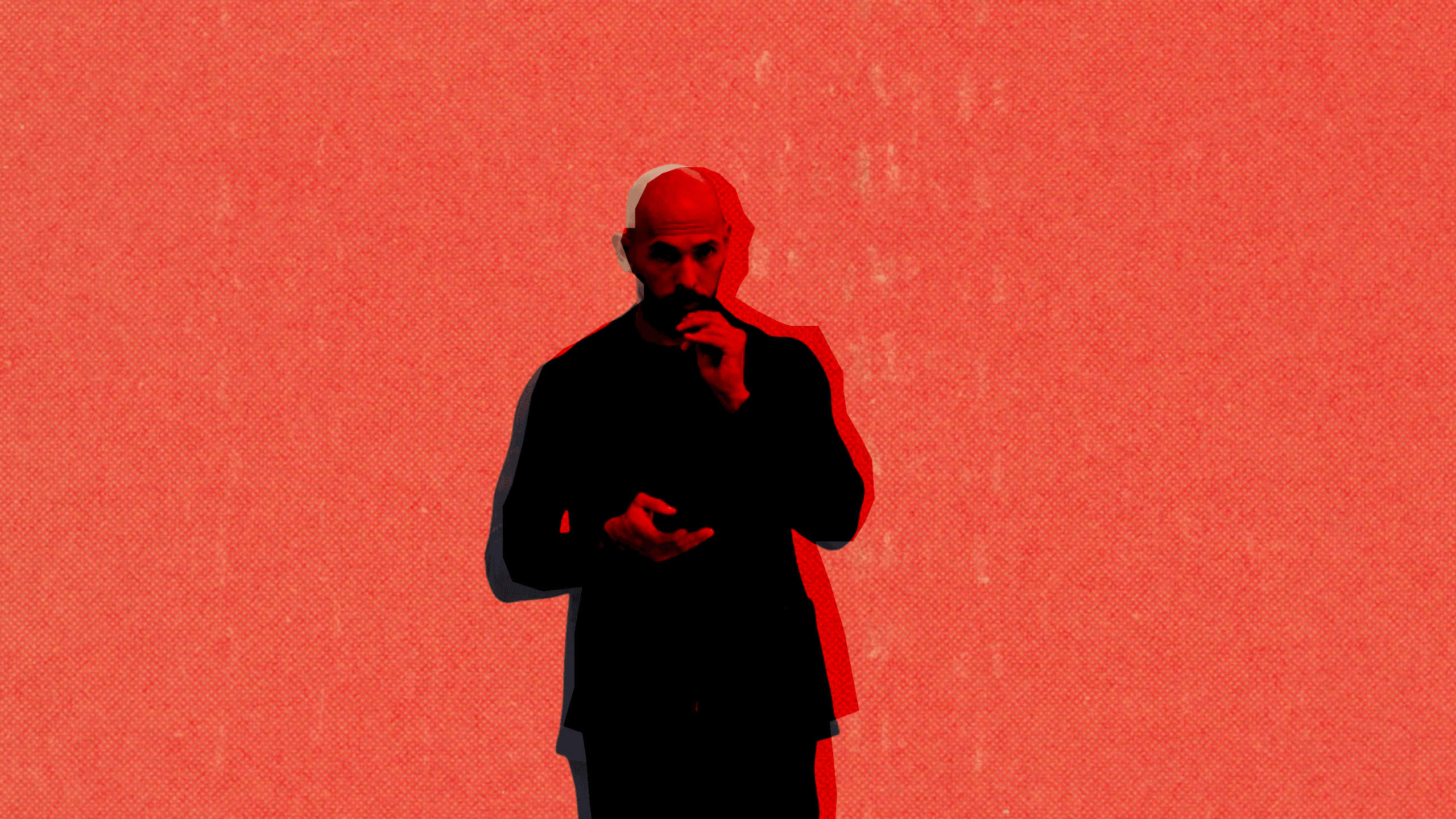Twenty-six-year-old Australian opera singer Evelyn is a rising star. Magazines are calling her a "young discovery" and she has just begun a European tour. For her, performing Mozart's to a sold-out crowd in Germany is just a regular day.
However, one night, as her solo begins, her voice stops working. She can hear herself singing, but no sound comes out. The audience is dumbfounded. Vocal rests and visits to expensive specialists don't help. Her mentors and colleagues express shock and empathy, but the show moves on.
For the first time in her life, Evelyn is stuck. Without stardom or any other clear career prospects, she is less impressive than she once imagined. She returns to Sydney, forced to confront high school friends who are on their way to becoming doctors and lawyers. Even the friend who has been at university forever is graduating. The terror of being just another young person sets in.
In her debut novel Very Impressive For Your Age, sets up a problem familiar to many people in their twenties: everyone is running their own race, but the moment you hit a bump, it feels like the rest of the world lurches ahead. What's more, unlike in high school or at university, the metrics of success are no longer clearly defined. You have to decide for yourself what you value.
Like many Australians who get a taste of London and Paris, Evelyn thinks Australia and all its residents are lame. Sydney, she quips, "felt like the pathetic younger sibling of all the places I'd lived in Europe." As she trudges through the motions of catching up with old friends, Evelyn can't just enjoy herself. Instead, she observes that the cafe she's in is "part of a chain but likes to pretend it was not."
Kirk's background as a screenwriter comes through in the prose. Sharp dialogue that keeps the story lively and grounded, but the style does not let us take Evelyn too seriously. Her therapist suggests, after a largely circular back and forth, that she is "just picking apart the semantics of what I am saying because you don't want to confront its substance."
Evelyn's lack of earnestness speaks to something larger. Kirk's voice nails the cynical detachment young people depend on to rationalise their problems. Emerging from a surveillance culture where everyone is constantly seen, irony and self-ridicule are useful defence mechanisms. When Evelyn makes fun of her own life or the people around her, it's a way to try and seem above it all. As David Foster Wallace , in a world where no one is willing to show that they care, real fulfilment only comes to those "willing to risk the yawn, the rolled eyes, the cool smile, the nudged ribs." With her singing career potentially over, being nonchalant only provides short-term comfort.
Evelyn's struggle to let go of control finds its mirror in her changing relationship with opera. Unlike pop stars, who her childhood music teacher Gwyneth says are "unimaginative" and "average," opera singers have to maintain impeccable discipline. She is never supposed to smoke, drink, or strain her voice. During her childhood, music teachers controlled every aspect of her posture and sound in pursuit of perfection. Every audition piece was rehearsed hundreds of times before being recorded. Tours involve performing the same solos night after night. Evelyn spends a lot of the novel trying to find joy in singing beyond the rigid process demanded by directors and admissions offices.
Some readers will be frustrated with what 'letting go' looks like. When Evelyn tries to reconnect with her high school boyfriend, or spends weeks doing nothing but going to Inner West house parties, it's hard not to cringe.
But while dismissing Evelyn as another 'unlikeable female protagonists' would be easy, her unlikeable traits end up being the most relatable. All of us have craved the safety of the familiar or obsessively re-examined aspects of our youth for extra lessons. In reading Very Impressive For Your Age, we revisit our own awkward moments and learn to meet them with a little more grace. Sometimes love can be the same as nostalgia, and happiness comes in many forms. Not all of them have to be constructive or novel. In fact, as Evelyn learns watching her friends get 'boring' jobs and marry 'vanilla' men, she realises happiness can be shockingly mundane.
Perhaps the novel's weakest link is its Australian parochialism. Kirk makes no attempt to hide the social milieu she came from. When Evelyn returns to her alma mater—Campbell Girls High School—to coach debating, they end up losing debates to boys from 'Museum Grammar,' the same school the protagonist's high school boyfriend attended. These nods to Sydney's private and selective school culture throughout Evelyn's flashbacks make sense in a story about 'gifted' kids, but they also make it harder for some readers to see themselves in it. Even though Kirk makes fun of the privilege, the point comes across a bit too bluntly. You get the feeling everything will work out for everyone involved.
Kirk's debut does not give those of us experiencing a quarter-life crisis easy solutions. Evelyn will never see opera the same way again, and making another plan takes time. If anything, the novel suggests that time is abundant. Not all of the twists and turns Evelyn takes are productive or meaningful, but that's precisely the point.
Kirk's accomplishment is in reminding us that purpose isn't always found in progress; sometimes it's in the detours, the pauses, and the quiet acceptance that not every path needs to lead somewhere.
Very Impressive For Your Age by Eleanor Kirk is out now in Australia (Allen & Unwin, $34.99).
